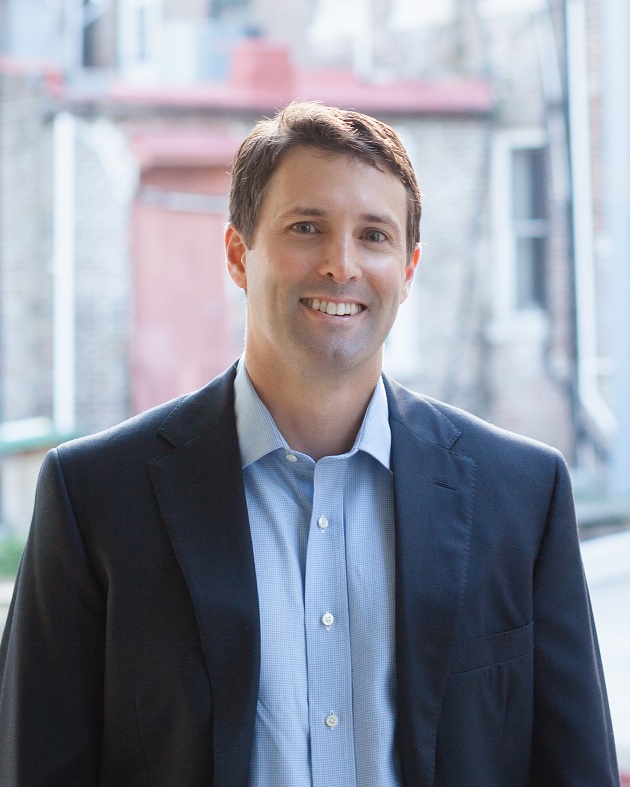David Geier, MD, an orthopedic surgeon at Sports Medicine Specialists of Charleston and East Cooper Sports Medicine discusses concerns orthopedic surgeons have pertaining to the upcoming ICD-10 transition and the ways surgeons are reimbursed.
Question: What are some of the concerns surgeons have about the switch to ICD-10?

Dr. David Geier: There is a lot of apprehension about the upcoming switch from ICD-9 to ICD-10 codes. From what I hear, orthopedic surgeons are impacted more than other specialty because many changes are orthopedic in nature. You have to modify codes for left knee vs. the right knee. If you have a patient with arthritis, you have to specify what kind of arthritis.
Q: Will the transition to ICD-10 impact patient care?
DG: There is going to be a period here in the fall, winter and spring that could affect efficiency and the number of patients you can see. You will need a lot of manpower or extra staff to learn it the new codes.
Each of the codes are broken down in different ways and it is important to make sure the electronic medical records systems allow you to get the codes correct in a way that you can see a large number of patients. You don’t want to spend five or 10 minutes per patient to figure out what the code is. No one is arguing you shouldn’t do it, and the ease of the transition will vary for every practice depending on staff members.
Q: How will data collection impact healthcare practices?
DG: There are still concerns for some orthopedic surgeons about potentially switching to hospital-employment due to increasing demand for data that the government required. Many surgeons question whether they should join a hospital.
There is also great concern about how data will impact practices, especially when government uses data to determine reimbursement rates. Data becomes important in reimbursement, especially as reimbursement gets tied to patient satisfaction and readmissions. Surgeons are concerned about that because it is not as cut and dry in patient satisfaction. Surgeons are not the only factor for patient satisfaction rate. People can have a bad experience based on a lot of factors. Surgeons often consider, what do we have control over? How do we optimize patient scores and readmission rate? That is where the ASC and hospitals have to be involved because they can control some things on their end.
More on practice management:
Carilion Clinic converting grocery store into $15M orthopedics, spine institute — 5 key notes
Minimizing costs among super-utilizers — 6 notes
Telemedicine market to grow to $34B by 2020: 6 key points


